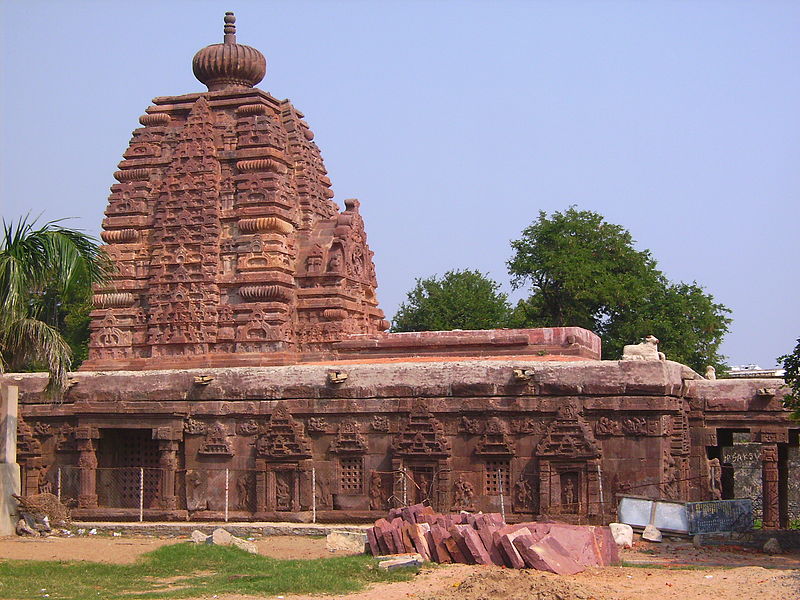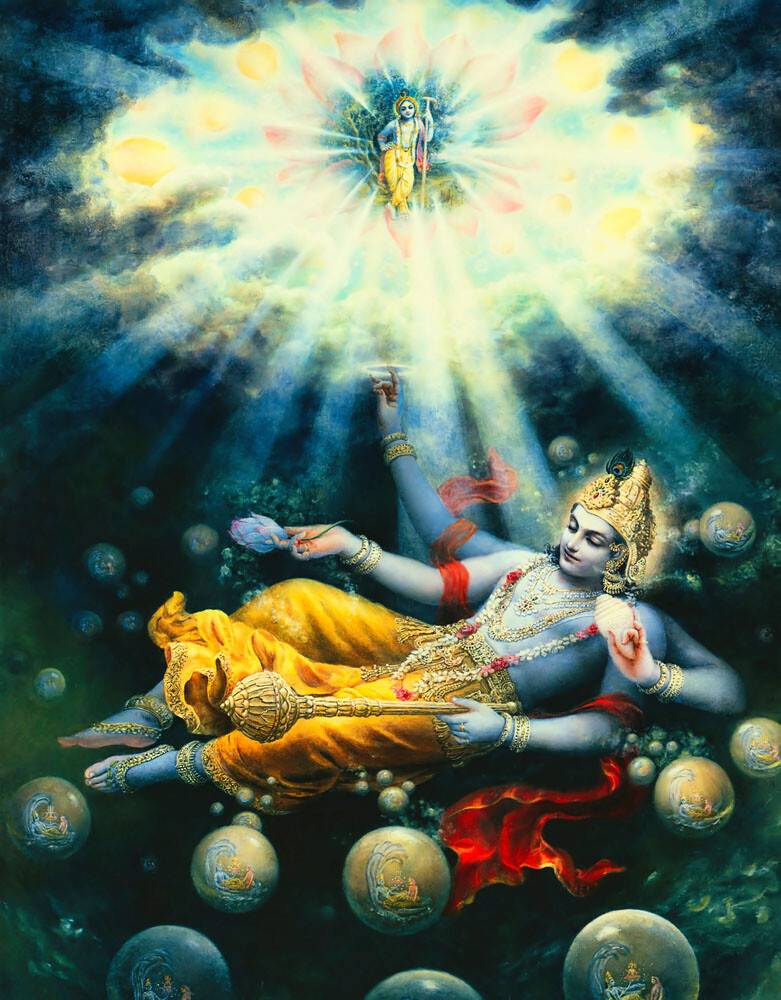Unveiling Rani Durgavati: The Fierce Warrior Queen of Hindu Legend
Explore the life of Rani Durgavati, the fierce 16th-century queen, known for her courage, leadership, and unwavering devotion to her people and Hinduism.

India's rich history is adorned with numerous valiant women who have left a lasting mark on the world, and one such legendary figure is Rani Durgavati, the Warrior Queen of Gondwana. Born in 1524, she was the daughter of the famous Rajput Chieftain Salbahan Tomar, the ruler of the Gaur kingdom. Rani Durgavati's legacy and achievements, both as a ruler and a warrior, continue to inspire generations of Indians.
Rani Durgavati was married to Dalpat Shah, the eldest son of the Gond ruler Sangram Shah, at a young age. The couple had a son named Vir Narayan, who would later play a key role in his mother's reign. Unfortunately, in 1550, Dalpat Shah died, leaving Rani Durgavati to rule the kingdom with the help of her loyal ministers. She took the reins of the kingdom and proved to be an exceptional leader, focusing on the welfare and development of her subjects.
During her reign, Rani Durgavati introduced significant financial and administrative reforms, ensuring prosperity and stability throughout her kingdom. She commissioned many architectural marvels, including temples, tanks, and gardens. Among her most notable achievements was the construction of the Rani Durgavati Fort, a testament to her military prowess and strategic acumen.
However, Rani Durgavati's rule was not without its challenges. The powerful Mughal Empire, led by Emperor Akbar, was expanding its boundaries, posing a significant threat to the Gondwana kingdom. Defying the Mughal invasion, Rani Durgavati gathered her army and fought valiantly against the Mughal forces led by General Asaf Khan. Despite being outnumbered, she displayed exemplary courage and determination in her battles against the Mughals.
In June 1564, Rani Durgavati and her army faced the Mughal forces in the Battle of Damoh. Even though she was injured and losing the battle, the indomitable queen chose to end her life rather than surrender. Her courage, sacrifice, and devotion to her people have made Rani Durgavati an enduring symbol of bravery and inspiration in Indian history.
In conclusion, Rani Durgavati's life and legacy stand as a testament to the power of women and their ability to lead nations with wisdom and courage. Her unyielding spirit in the face of adversity continues to inspire us today, reminding us that determination and bravery can triumph over the most formidable obstacles.




